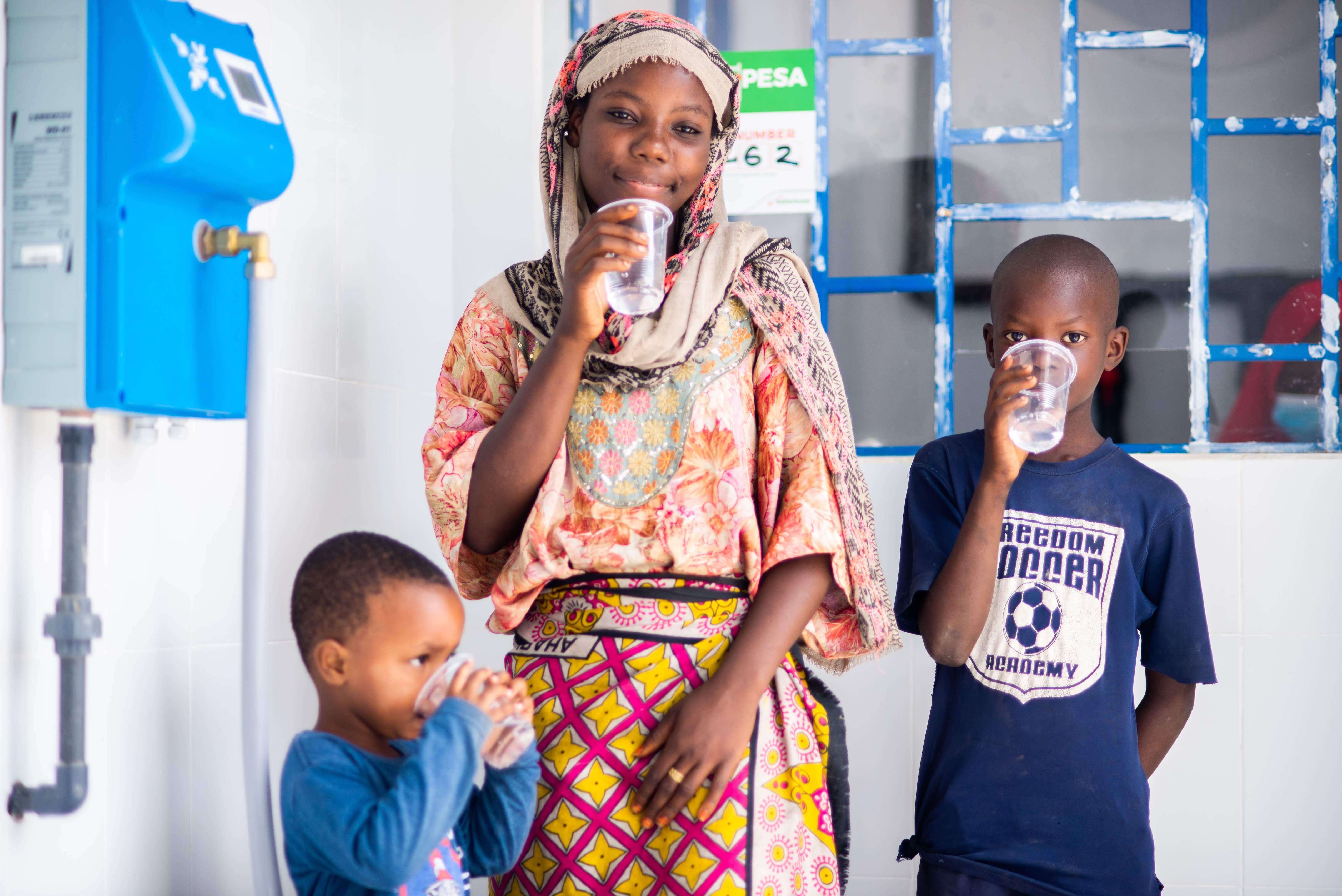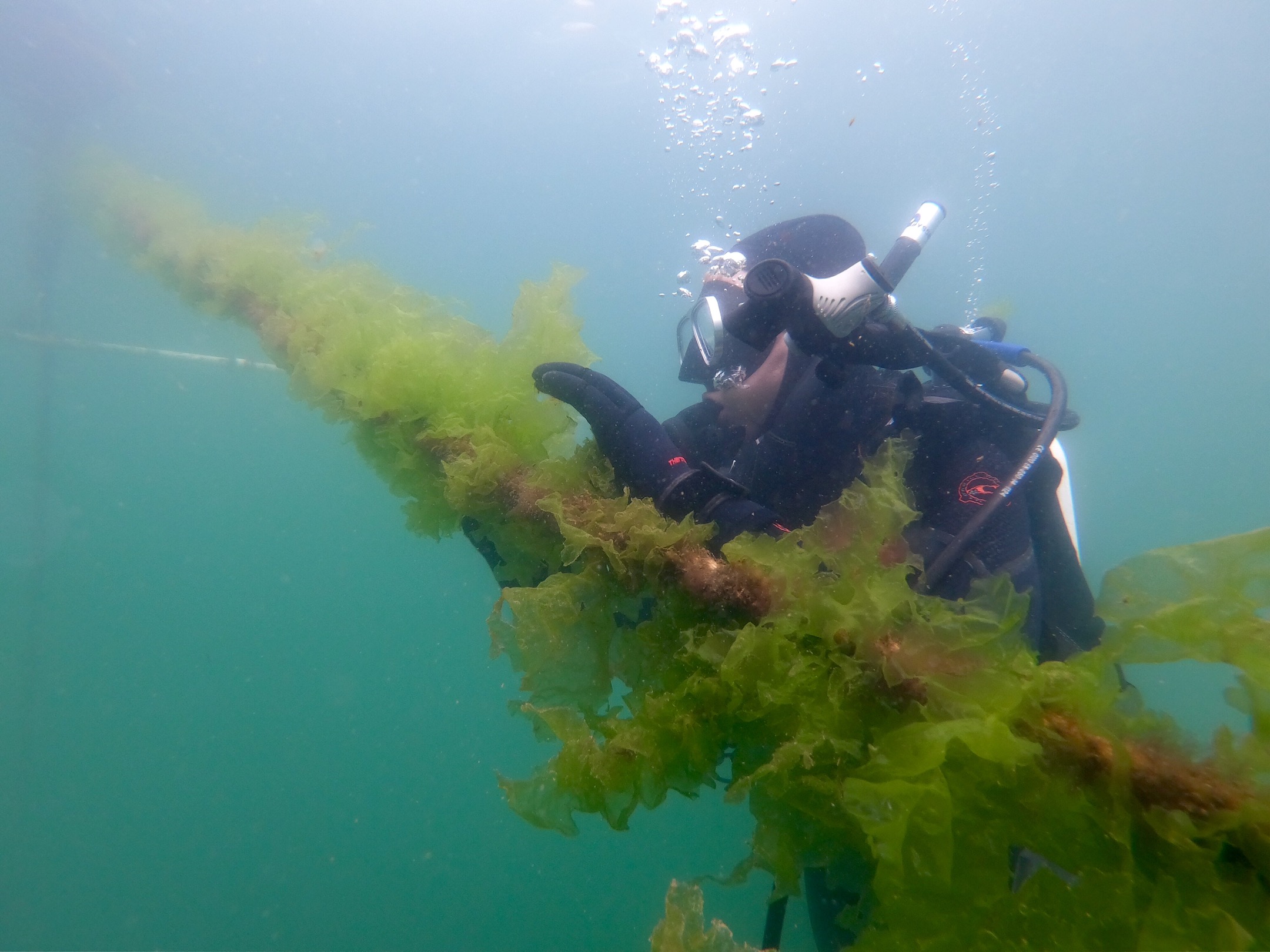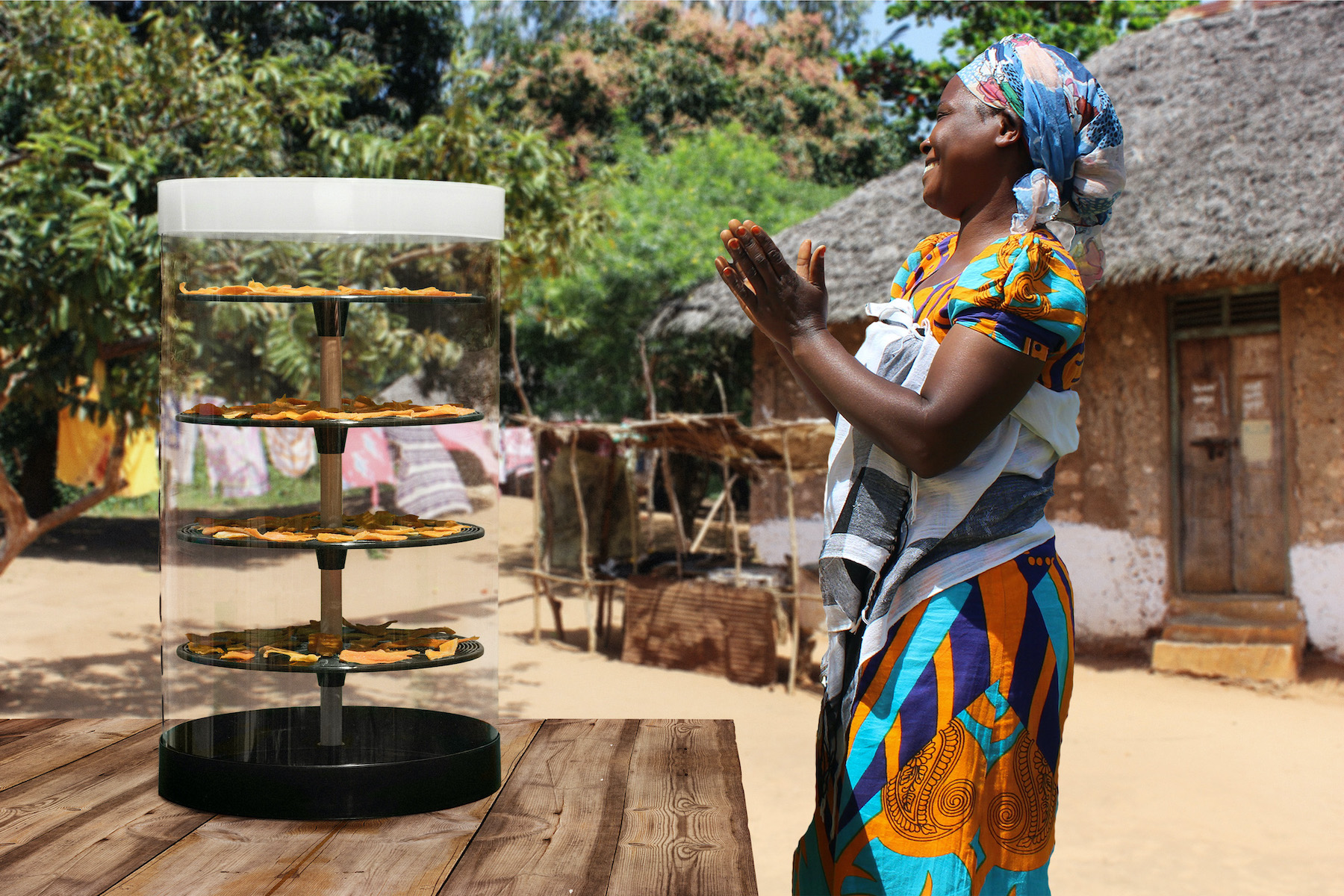Building a Sustainable Business While Delivering Social Benefits
The Fowler College of Business and the Center for Advancing Global Business at San Diego State University hosted the second event of their Better Business Series with a presentation titled “Global Natural Resources: The Water, Sun and Food We Share”.

GivePower uses solar energy to deliver clean water to residents of developing nations
The presentation centered on how companies can use available natural resources to solve global problems. SDSU marketing professor, Erlinde Cornelis, served as the event’s co-organizer and moderator.
Leslie Booher, co-founder of Sunken Seaweed, Kyle Stephan, vice president of operations at GivePower, and Mikayla Sullivan, CEO and co-founder of KinoSol (also an event sponsor) served as panelists for the event.
To begin the event, the panelists discussed how their respective organizations practiced sustainability. “At GivePower, sustainability means the management of finite resources in an environmentally friendly way, but it’s also in the independent financial viability in the programs we operate,” said Stephan of GivePower, a non-profit organization which is committed to extending solar energy and clean water to residents of developing nations. “It makes sense that the programs that we do, the equipment that we build and the products that we use have to be environmentally friendly. Those programs have to exist long beyond when your organization, donors or grant funders have the capacity to pay for those things.”
Combating Food and Water Insecurity

A Sunken Seaweed diver harvests seaweed for commercial use.
The panel moved on to described how their organizations are combating the problem of food and water insecurity in developing nations. Stephan shared information about his company’s desalinization technology designed to “create a new safe water resource within the community” so that existing water resources (possibly non-drinkable) will be available for crops, livestock and other uses.
“We’re specifically focused on eliminating food waste and we’ve developed a food dehydrator that uses the sun, without solar panels or electricity, at the producer or farmer level to preserve food that would otherwise go to waste,” said Sullivan of KinoSol. “A lot of times, these producers are losing 30 – 50% due to lack of market access, pests or leaving food in the field. So, by extending that shelf life, families have access to food in the off-seasons, but they are also able to sell the excess product for additional income.” Sullivan also shared how these farmers are traditionally women and the additional income empowers them by giving them more decision-making input and allowing them to better support their families.
Empowering People

A woman uses a KinoSol food dehydrator to process excess produce.
Empowering women is also a focus for Sunken Seaweed. Booher talked about how seaweed is traditionally harvested in Korea and Japan by female divers and shared that women are the leading providers of food in some regions of those countries. “In California, I get emails at least twice a week from people who want to be part of the seaweed diving world and the overwhelming majority of those emails are from women,” she said. “The overwhelming reason they want to enter this business is because of the potential benefits to the ecosystem and because they feel the need to fix the ecosystem so they can make a business of it.”
Giving fresh water by building solar-powered water farms is one way that GivePower empowers people in developing nations, said Stephan. “Getting the water from a centralized location into some of these communities is a tremendous task,” he said. “Our project has actually created micro-entrepreneurs who deliver water to people’s homes and there have been kiosks created to sell the water which has created jobs as well. We tried to tap into existing last-mile water distribution networks, so that allows us to maintain that sustainability.” Currently, GivePower is operating two sites in Kenya, one in Haiti and two are currently being built in Colombia.
Impacting the World
When asked for advice on how individuals can “have an impact on the world,” Stephan said they “should try to help shape the world in a way that you want it to look and you can do that through the organizations that you work for or that you create.” Also, he said, “you can financially support organizations that operate in a sustainable way.” Booher also suggested building a career path toward a “sustainable model so that we can contribute to healthier ecosystems.” Sullivan proposed that individuals should approach life “with a ‘give first’ mentality, whether it be giving your time, financial resources or even just a connection, you’re going to have an overall positive impact. You never know who you’re going to meet and you never know what kind of an effect you’ll have on them.”
In response to a question from a student in the audience, Sullivan said that starting a sustainable business as a student “is one of the best times to start a business — you have the least amount of responsibility and access to capital is a lot more prevalent. If you want to have that social impact incorporated, be true to what impact you want to have and to what problem you want to solve and the rest of it falls into place naturally.”

